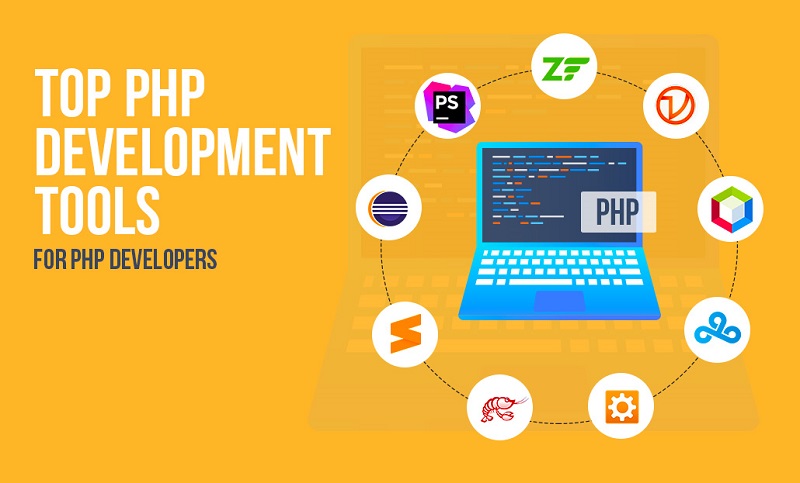20Shift: Your Daily Dose of Insight
Stay updated with the latest trends and news across various domains.
PHP Development: The Code That Binds All Websites
Unlock the secrets of PHP development and discover how this powerful code powers the web. Dive in for tips, tricks, and expert insights!
Understanding PHP: The Backbone of Web Development
PHP, or Hypertext Preprocessor, is a widely-used open-source scripting language that is particularly well-suited for web development. It allows developers to create dynamic content that interacts with databases and servers, thus making it a cornerstone of modern web applications. According to W3Schools, PHP powers over 77% of all websites today, highlighting its importance in the industry. With its extensive library of frameworks and tools, such as Laravel and Symfony, developers can build robust applications efficiently, ensuring secure and interactive user experiences.
One of the defining features of PHP is its ability to seamlessly integrate with various databases, with MySQL being the most popular choice among developers. This integration allows for the creation of data-driven websites, enabling functionality such as user authentication and content management systems. Furthermore, PHP has a simple learning curve, making it accessible for beginners while still offering the complexity needed for advanced applications. As mentioned by PHP.net, its versatility and ease of use have established PHP as a fundamental technology in the field of web development.

10 Key PHP Functions Every Developer Should Know
When it comes to PHP development, understanding core functions is essential for efficient coding. Here are 10 Key PHP Functions Every Developer Should Know:
- strlen(): This function returns the length of a string. Knowing how to manipulate string lengths is fundamental in many coding scenarios.
- array_merge(): A powerful function that combines two or more arrays into one. It’s invaluable for data aggregation.
- json_encode(): Converting PHP arrays into JSON format can be critical for APIs and frontend communication. For more information on JSON manipulation, check out PHP Manual.
Other important functions include:
- strpos(): This function finds the position of the first occurrence of a substring in a string, which is particularly useful for validation and search functions.
- date(): This function formats a local date and time. Time formatting is fundamental in applications that require date manipulation.
- include(): A crucial function that allows the integration of one PHP file into another, promoting reusability and organization in your code.
How PHP Powers Dynamic Websites: A Beginner's Guide
PHP (Hypertext Preprocessor) is a server-side scripting language that plays a crucial role in powering dynamic websites. Unlike static HTML pages that are fixed and do not change, dynamic websites can display different content and respond to user interactions in real-time. PHP allows developers to create interactive features such as user login systems, content management systems, and e-commerce platforms. For more information, you can check out this comprehensive guide on What is PHP?.
One of the key advantages of using PHP is its ability to communicate with databases, enabling websites to store, retrieve, and manipulate data efficiently. This makes it particularly suited for applications that require user-generated content, such as blogs and forums. By integrating PHP with databases like MySQL, developers can create responsive interfaces that cater to user preferences and behaviors. For more insights into how PHP interacts with MySQL, visit Tutorials Point.